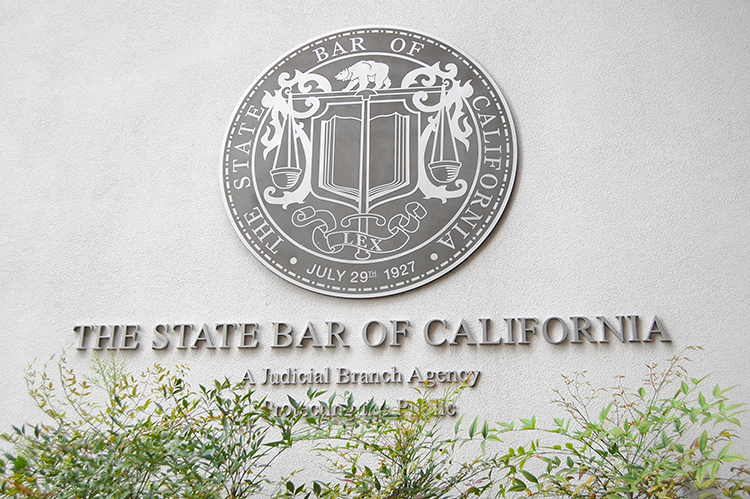Letters: Identity theft

Identity theft
I know that you are waiting for it! Regarding “Identity Crisis,” June-July, page 52, the most notorious recent case of racial identity appropriation is that of Sen. Elizabeth Warren, D-Mass. Unfortunately, this true affront to ethnic identity was not adequately explored, being overwhelmed by presidential-year politics. Emilie Le Beau Lucchesi missed an opportunity to discuss a situation of national interest.
John H. Titley
Watertown, Connecticut
Curtailing court fines
I read with interest “ostly Codes,” April-May, page 18. I agree that there should be commonsense reform to prevent excessive fines. But the article ended in a gratuitous polemic decrying both the jailing of folks for municipal fines they are unable to pay and the well-intentioned criminal justice reformers who seek to stop such practices.
Fortunately for them, much of their work was done for them in the 1971 U.S. Supreme Court opinion Tate v. Short. For 50 years now, it has been the law that a person may not be jailed solely on the basis of an inability to pay. Any court that ignores that decision is wrong on the law and wrong as a matter of policy.
Even in the cases that treat the decision negatively, no opinion stands for the proposition that indigent persons may be jailed solely based on an inability to pay.
I have never committed a defendant for failure to pay. I think that is an extraordinary act, but we should not tie the hands of courts who find themselves in extraordinary circumstances.
Our criminal justice system is based on the proposition that actions have consequences. I believe that outsize consequences are bad. But equally bad is no consequence at all. If the reformers wish for a world where the rule of law does not allow a lawfully convicted scofflaw ever to be jailed for nonpayment, even if that failure is not related to indigency but instead is merely a willful disregard of a court order, I cannot go there with them. To date, the reformers have been quick to describe the problem but slow to propose a solution that upholds the rule of law.
I find it ironic that “Costly Codes” appears in an issue that begins with a call to recommit to the rule of law. In a world where intransigence in the face of the law is rewarded, not deterred, the rule of law is not easily found.
Hon. Eric Bayne
Del Rio, Texas
Court reform
Liane Jackson’s commentary, “Reimagining Federal Courts,” April-May, page 9, would have made more of a mark with me if it weren’t for her inflammatory language, such as “like-minded ideologues,” “far right-aligned judges,” and “candidates who evinced extreme right-wing philosophies.”
She stated that those candidates “lacked experience or had troubling commentary in their pasts”—all without any examples. Ms. Jackson, the slip on your left side is showing.
David L. McCoid
Mount Pleasant, Iowa



